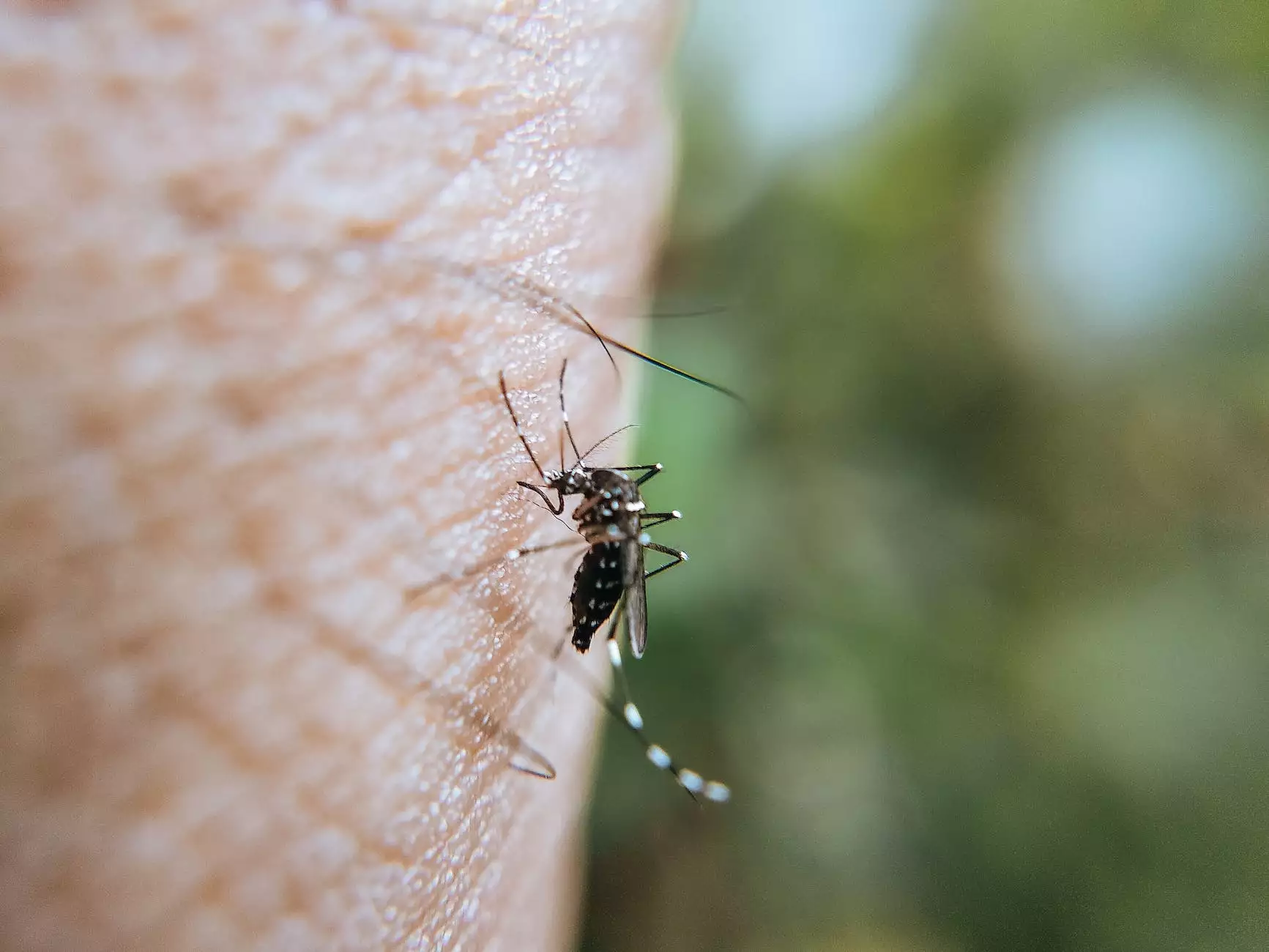Understanding Stomach Cancer: Insights from Leading Stomach Cancer Specialists

Stomach cancer, also known as gastric cancer, is a complex and often challenging disease that significantly impacts patients and their families. In this comprehensive article, we delve deep into the world of stomach cancer specialists to provide crucial insights into this condition. By the end, you will understand the causes, symptoms, treatment options, and the importance of early detection and specialized care.
What is Stomach Cancer?
Stomach cancer develops when the cells in the stomach lining undergo abnormal changes, leading to tumor formation. As these tumors grow, they can invade deeper layers of the stomach and potentially spread to other parts of the body. Stomach cancer is often diagnosed in its later stages, making timely intervention crucial.
Types of Stomach Cancer
There are several types of stomach cancer, with the most common being:
- Adenocarcinoma: This is the most prevalent type, originating from the glandular cells in the stomach lining.
- Lymphoma: This cancer originates from the lymphatic tissue in the stomach.
- Gastrointestinal stromal tumors (GISTs): These tumors arise from the connective tissues of the stomach.
- Carcinoid tumors: These are rare neuroendocrine tumors that can occur in the stomach.
Causes and Risk Factors
The exact cause of stomach cancer remains largely unknown, but several risk factors have been established. Understanding these can aid in prevention and early detection:
- Helicobacter pylori infection: This bacterial infection is a significant risk factor for stomach cancer.
- Smoking: Tobacco use significantly increases the risk of developing stomach cancer.
- Diet: A diet high in salted, smoked, or pickled foods may raise cancer risk.
- Genetics: A family history of stomach cancer or specific genetic syndromes can heighten risk.
- Age: The majority of stomach cancer cases occur in individuals over the age of 65.
- Obesity: Carrying excess weight is linked to an increased stomach cancer risk.
Symptoms of Stomach Cancer
Recognizing the symptoms of stomach cancer is crucial for early diagnosis and treatment. Common symptoms include:
- Persistent abdominal pain: Often felt in the stomach area.
- Loss of appetite: A significant decrease in hunger can signal trouble.
- Unintentional weight loss: Losing weight without trying can be a red flag.
- Nausea and vomiting: Symptoms that may accompany other gastrointestinal issues.
- Dysphagia: Difficulty swallowing, often caused by tumor obstruction.
- Fatigue: Persistent tiredness, often due to anemia or other factors.
The Role of Stomach Cancer Specialists
When faced with a stomach cancer diagnosis, consulting with experienced stomach cancer specialists is essential. These healthcare professionals have specialized training and expertise in diagnosing and treating gastric cancer. They offer a multidisciplinary approach that may include:
- Diagnostics: Advanced imaging techniques and endoscopies are crucial for accurate diagnosis.
- Personalized Treatment Plans: Based on individual patient needs, stomach cancer specialists create tailored treatment plans.
- Collaboration with Other Specialists: Engaging oncologists, surgeons, nutritionists, and palliative care specialists for comprehensive care.
Diagnosis of Stomach Cancer
The diagnostic process for stomach cancer typically involves various tests and procedures:
- Endoscopy: A procedure allowing doctors to visualize the stomach and obtain tissue samples.
- Biopsy: The removal of a tissue sample for laboratory analysis to determine cancer presence.
- Imaging Tests: CT scans, MRIs, and PET scans help assess cancer spread.
- Blood Tests: Certain tests can identify biomarkers related to stomach cancer.
Treatment Options for Stomach Cancer
Treatment for stomach cancer varies based on the stage of the disease, its location, and the patient's overall health. Options include:
- Endoscopic Resection: For early-stage cancers, this minimally invasive procedure can remove tumors.
- Surgery: More advanced cases may require partial or total gastrectomy to remove the tumor.
- Chemotherapy: Often used to shrink tumors before surgery or eliminate remaining cancer cells afterward.
- Radiation Therapy: This can be employed in conjunction with other treatments to target cancer cells.
- Targeted Therapy: Newer treatments focus on specific characteristics of cancer cells.
Importance of Early Detection
Finding stomach cancer in its early stages significantly improves treatment outcomes. Regular check-ups, awareness of family history, and paying attention to potential symptoms are critical. Stomach cancer specialists advise individuals at high risk to undergo routine screenings.
Preventive Measures
Although not all cases of stomach cancer can be prevented, several proactive measures can help reduce risk:
- Healthy Diet: Emphasizing fruits, vegetables, and whole grains while limiting processed foods.
- Quit Smoking: Seeking assistance to cease tobacco use can lower cancer risk.
- Manage Weight: Maintaining a healthy weight through diet and exercise.
- Regular Medical Check-ups: Always discuss any concerning symptoms with doctors promptly.
Living with Stomach Cancer
A stomach cancer diagnosis can be overwhelming for patients and their families. However, support systems are crucial. Engaging with support groups, counseling services, and nutritional experts are invaluable resources.
Conclusion
Stomach cancer remains a significant health concern, but advances in treatment and a better understanding of the disease are paving the way for improved outcomes. The expertise of stomach cancer specialists is paramount in the fight against this challenging illness. By prioritizing early detection, seeking specialized care, and adopting preventive measures, patients can enhance their quality of life and outcomes.
For more information and to consult with expert stomach cancer specialists, visit oncologicalsurgery.net.









